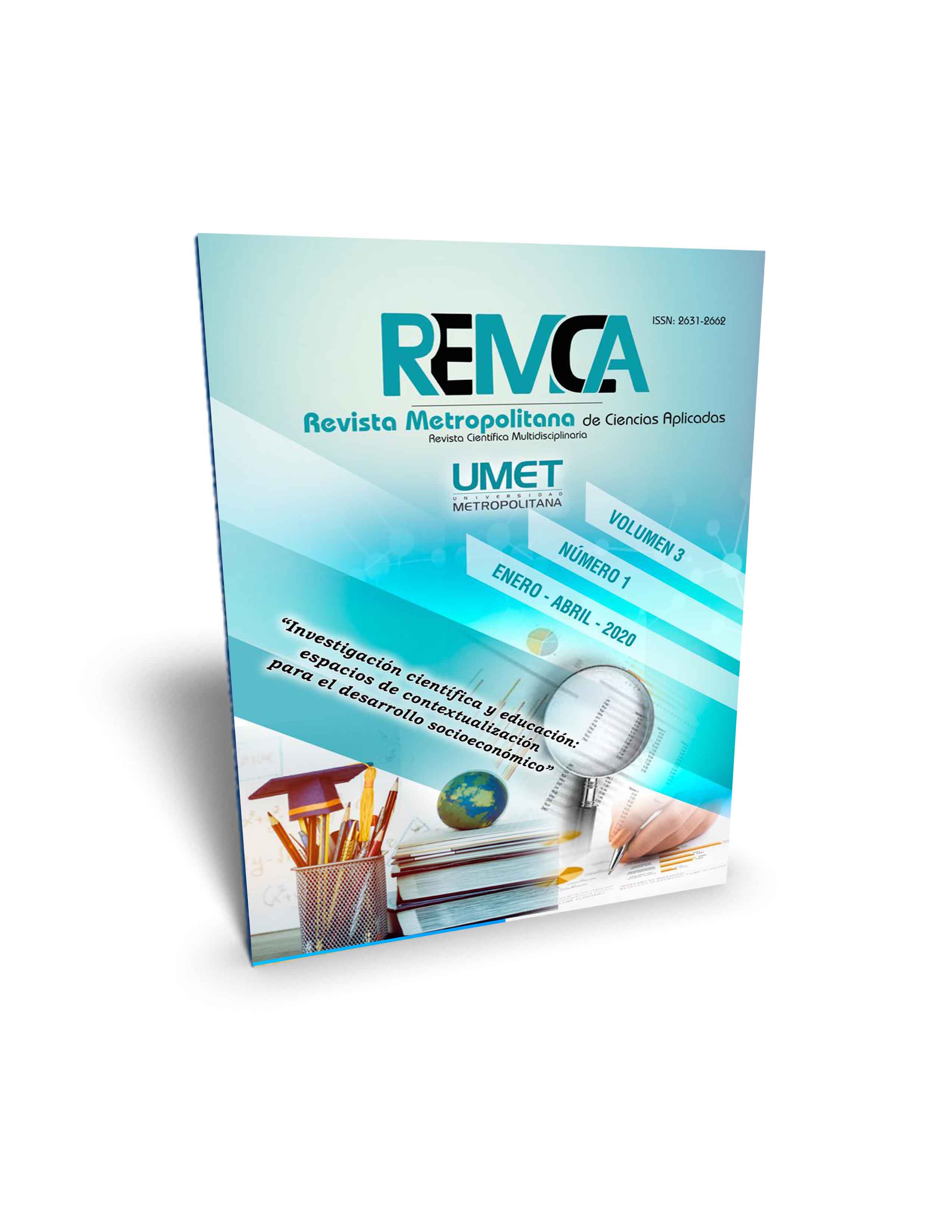Hereditary Thrombophilia (C677T Mutation in heterozygous state of the Methylenetetrahydrofolatoreductase enzyme gene). Case presentation
DOI:
https://doi.org/10.62452/g6jehg20Keywords:
Recurrent pregnancy loss, Thrombophilia, metilentetrahydropholatereductase enzyme C677T mutationAbstract
Thrombophilia is characterized by an injury of the blood vessel wall, stasis or a change in blood composition, known as hypercoagulability, which is of congenital or acquired cause. Congenital thrombophilia is a genetically determined trend to develop thrombosis. A deficiency of certain coagulation proteins like An-titrombin, C protein, S protein, and certain mutations in coagulation factors are included among the most common causes: V Leiden factor, Prothrombin G20210A, and Metilentetrahydropholatereductase enzyme (MTHFR) mutations, among others. Pregnancy loss occurs because micro thrombi are generated within the placenta; also, the clots formed can obstruct blood vessels and make a proper oxygenation to be difficult. The case of a patient assisted at Cienfuegos´ Territorial Assisted Reproduction Center is presented since this entity is frequently observed in patients with recurrent pregnancy loss. Immunological studies were carried out and a C677T mutation in hetero-zygotic condition of the metilentetrahydropholatereductase enzyme gene was diagnosed.
Downloads
References
Baglin, T., Gray, E., Greaves, M., Hunt, B.J., Keeling, D., Machin, S., Mackie, I., Makris, M., Nokes, T., Perry, D., Tait, R.C., Walker, I., Watson, H., British Committee for Standards in Haematology (2010). Clinical guidelines for testing for hereditable thrombophilia. Br J Haematol, 149(2), 209-220.
Chen, P., Poddar, R., Tipa, E. V., Dibello, P. M., Moravec, C. D., Robinson, K., Green, R., Kruger, W. D., Garrow, T. A., & Jacobsen, D. W. (1999). Homocysteine metabolism in cardiovascular cells and tissues: implications for hyperhomocysteinemia and cardiovascular disease. Advances in Enzyme Regulation, 39, 93-109.
Cruz Hernández, J., Hernández García, P. Yanes Quesada, M., & Isla Valdés, A. (2007). Factores de riesgo de preeclampsia: enfoque inmunoendocrino. Parte I. Revista Cubana de Medicina General Integral, 3(24), 11-15.
Davenport, W. B., & Kutteh, W. H. (2014). Obstet Gynecol Clin North Am, 41(1), 133-144.
De Vries, H. M. (1903). The Mutation Theory. Ed. Germana.
Fernández Miranda, C., Aranda, J. L., Gómez, G.P., Díaz Rubio, P., Estenoz, J., & Gómez de la Cámara, A. (1999). La hiperhomocisteinemia es frecuente en pacientes con enfermedad coronaria. Estudio de 202 enfermos. Med Clin (Barc), 113, 407-410.
Gabbe, S., Niebyl, J., Simpson, J., Landon, M., Galan, H., Jauniaux E., Driscoll, D., Berghella, V., & Grobman, W. (2016) Obstetrics. Normal and Problem Pregnancies. Elsevier.
Grupo Cooperativo Argentino de Hemostasia y Trombosis. (2016). Ley de trombofilia. Hematología, 20, 53-69.
Kupfermic, A. (2003). Inhered thrombophilia and gestational vascular complications. Seminars in thrombosis and hemostasia, 29(2), 185-193.
Mayo Foundation for Medical Education and Research. (1998). Factor V Leiden https://www.mayoclinic.org/es-es/diseases-conditions/factor-v-leiden/symptoms-causes/syc-20372423
Menéndez Cabezas, A., & Fernández-Britto Rodríguez, J. E. (1999). Metabolismo de la homocisteína y su relación con la aterosclerosis. Revista Cubana de Investigaciones Biomédicas, 18(3), 155-168.
Ray, J. G. (1998). Meta-analysis of Hyperhomocysteinemia as a Risk Factor for Venous Thromboembolic Disease. Arch Intern Med. 158(19), 2101-2106.
Rodríguez, J. F., Escobales, N., Cruz, D., Banch, H., Rivera, C., & Altieri, P.I. (2001). Concentraciones totales de homocisteína plasmática en pacientes puertorriqueños con cardiopatía isquémica. Revista Española Cardiología, 54, 1411-1416.
Toth, B., Würfel, W., Bohlmann, M., Zschocke, J. Rudnik-Schöneborn, S., Nawroth, F. Schleußner, E., Rogenhofer, N., Wischmann, T., Wolff, M., Von, Hancke, K., Otte, S., Von, Kuon, R., Feil, K., & Tempfer, C. (2018). Recurrent Miscarriage: Diagnostic and Therapeutic Procedures. Guideline of the DGGG, OEGGG and SGGG (S2k-Level, AWMF Registry Number 015/050). Geburtshilfe Frauenheilkd, 78(4), 364–381.
Van Niekerk, E.C., Siebert, I., & Kruger, T.F. (2013). An evidence-based approach to recurrent pregnancy loss. SAJOG, 19(3), 61-65.
Downloads
Published
Issue
Section
License
Copyright (c) 2020 Aimé María Reyes Pérez, Práxedes de Regla Rojas Quintana, Elodia María Rivas Alpízar, Aida María Reyes Pérez (Autor/a)

This work is licensed under a Creative Commons Attribution-NonCommercial-ShareAlike 4.0 International License.
Authors who publish in Revista Metropolitana de Ciencias Aplicadas (REMCA), agree to the following terms:
1. Copyright
Authors retain unrestricted copyright to their work. Authors grant the journal the right of first publication. To this end, they assign the journal non-exclusive exploitation rights (reproduction, distribution, public communication, and transformation). Authors may enter into additional agreements for the non-exclusive distribution of the version of the work published in the journal, provided that acknowledgment of its initial publication in this journal is given.
© The authors.
2. License
The articles are published in the journal under the Creative Commons Attribution-NonCommercial-ShareAlike 4.0 International License (CC BY-NC-SA 4.0). The terms can be found at: https://creativecommons.org/licenses/by-nc-sa/4.0/deed.en
This license allows:
- Sharing: Copying and redistributing the material in any medium or format.
- Adapting: Remixing, transforming, and building upon the material.
Under the following terms:
- Attribution: You must give appropriate credit, provide a link to the license, and indicate if any changes were made. You may do this in any reasonable manner, but not in any way that suggests the licensor endorses or sponsors your use.
- NonCommercial: You may not use the material for commercial purposes.
- ShareAlike: If you remix, transform, or build upon the material, you must distribute your creation under the same license as the original work.
There are no additional restrictions. You may not apply legal terms or technological measures that legally restrict others from doing anything the license permits.




